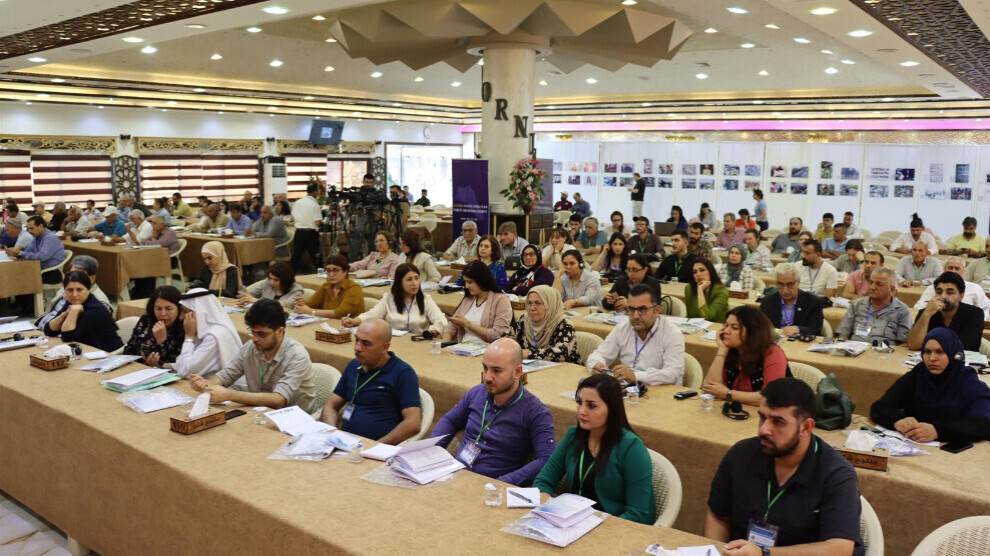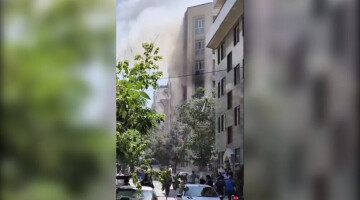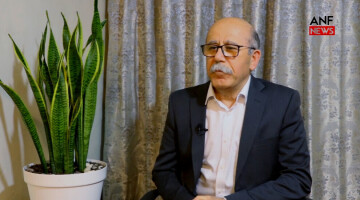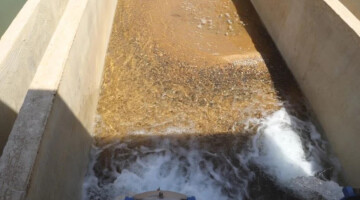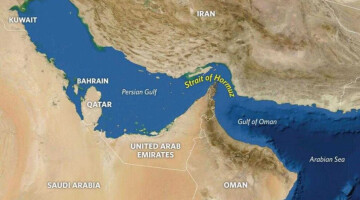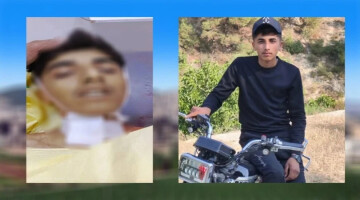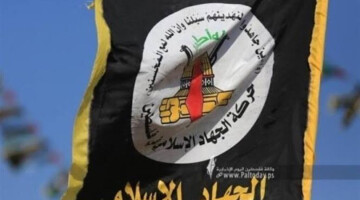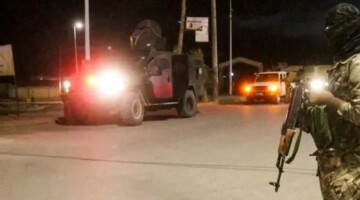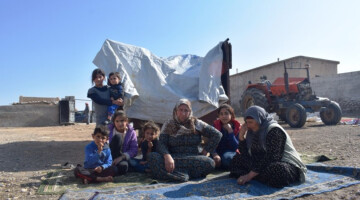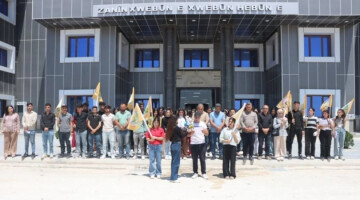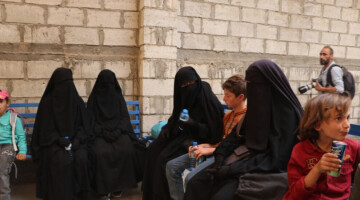The international workshop organized by the Rojava Centre for Strategic Studies (NRLS) in the northern Syrian city of Heseke continues on its second day.
The two-day workshop about the Treaty of Lausanne is held under the title "Lausanne: Course Correction, Stability and Regional Security” and attended by over 150 activists, lawyers, politicians and researchers from Europe and the Middle East, as well as representatives from North-East Syria.
Three sessions were held on the first day of the workshop, which today discusses “the current situation of the Kurds and the challenges they face; ways to confront the war of extermination targeting the Kurdish people; how to overcome Lausanne and the optimal solution to the Kurdish question and the region".
Attending the fourth session of the workshop online, Arêz Ebdullah from the Patriotic Union of Kurdistan (PUK) defined the Treaty of Lausanne as one of the worst treaties in history as it divided Kurdistan into four parts, removed the name of Kurdistan and turned the Kurdish question into a security issue. “Faced with the threats of this treaty, the Kurds engaged in many uprisings, such as Şêx Seîd, Seyid Riza and Mahabad Republic riots. He noted that the Kurds have made great sacrifices for Kurdistan and continue to do so.
Ebdullah pointed out that the Kurds should stay out of classic methods of struggle and base on a new perspective, strategy and struggle method. “We need a new struggle. We should use the conflicts between the four states that occupied Kurdistan for the interests of the Kurds. The Kurds abroad should also take part in this struggle.”
Remarking that there is a need for a roof to bring together different views on a solution, Ebdullah said: “The status in the Kurdistan region (of Iraq) is of great importance to the Kurds and the other parts of Kurdistan should also realise the importance of this status. It is not the politics of the Kurdistan region I am talking about, but its status. The experience of North and East Syria is also very important, as should be its protection. The conflicts between parties should be eliminated and the existing opportunity must be made use of.”
Academic Thomas Schmedinger from the Political Science Department of the University of Vienna spoke in the second part of the session and spoke about the problems experienced by the Kurds in the four parts of Kurdistan. He noted that the division of Kurdistan into four parts by the Treaty of Lausanne had also increased the political fragmentation in the region.
Schmedinger pointed out that of the four states that occupied Kurdistan, Turkey was the most nationalist and dangerous one. “Mustafa Kemal Atatürk tried to mobilize the Kurds for the interests of Turkey in the first place. After the victory in the war of independence and the Treaty of Lausanne, the Turkish governments, however, started to treat the diversity and multiculturalism in the country as a threat to themselves.”
Schmedinger pointed out that the Kurdish question could be resolved not by building a nation state but federalism. “The Treaty of Lausanne did not only divide Kurdistan, but also split the entire Middle East into nation states. The regimes established in the wake of this treaty caused harm not only to the Kurds but to other minorities and cultures as well.”
Following the speech by Schmedinger, the participants expressed their opinions on the matter and highlighted the importance of democratic and peaceful methods for a solution to the Kurdish question.
The workshop continues with discussions on the ways and methods to confront the genocidal policies directed against the Kurds.

